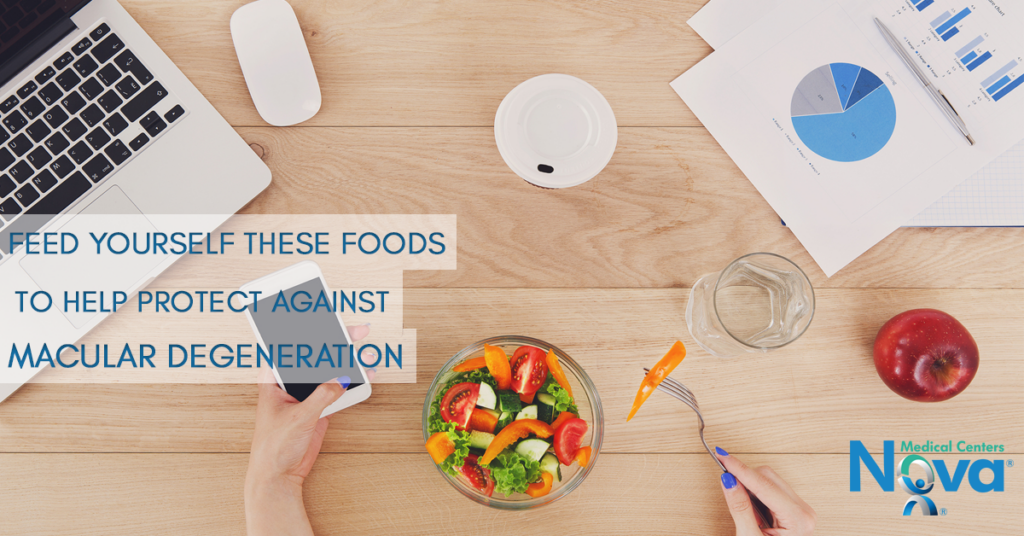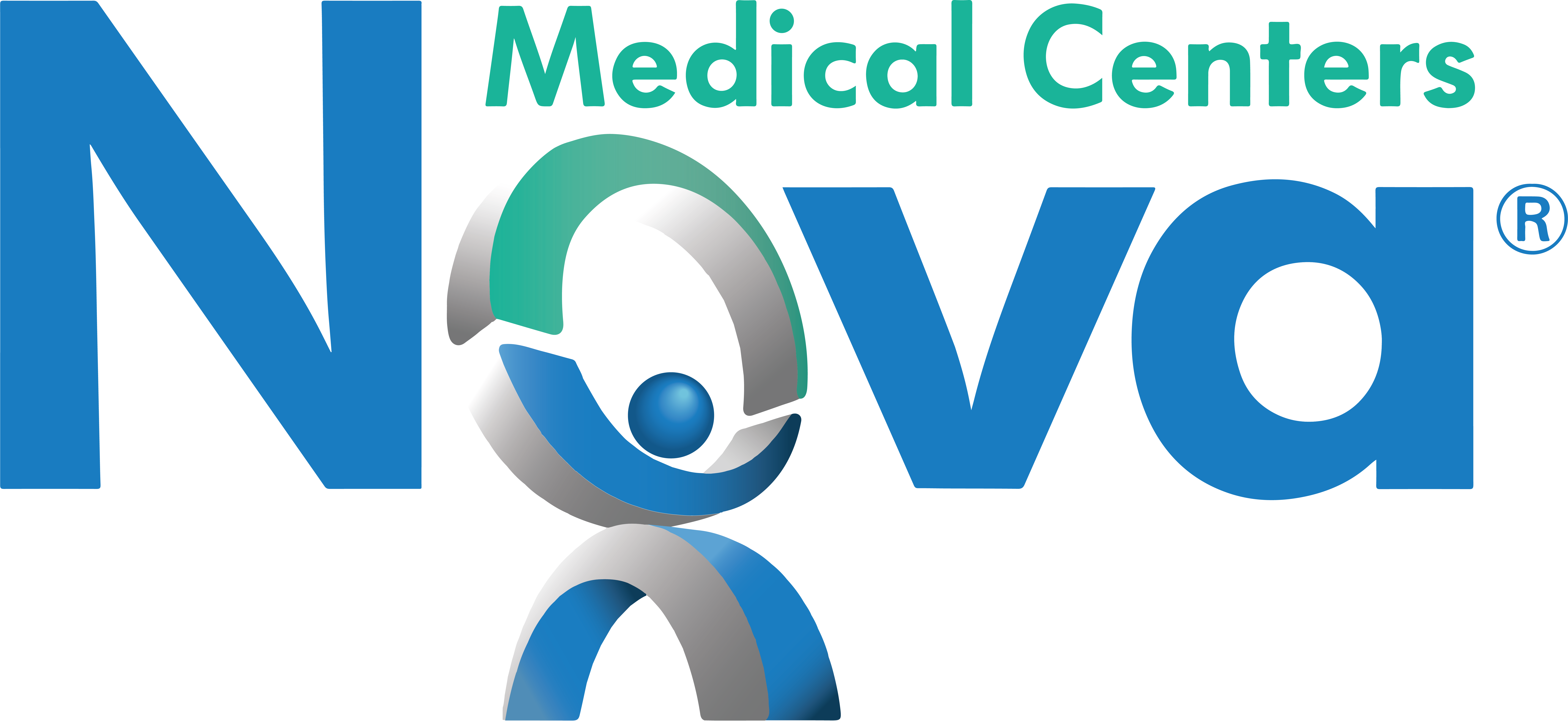
What age does Macular Degeneration affect?
The number one leading cause of severe vision loss is due to Age-Related Macular Degeneration (AMD), dietary supplements can help slow the progression of people who have the disease and may delay the onset of the disease.
Age-related macular degeneration happens when a small central portion of the retina, known as the macula, deteriorates. The retina is a layer at the back of the eyeball that contains cells that are sensitive to light and trigger the passage of nerve impulses from the optic nerve to the brain. The visual image we see is formed in this area. Macular degeneration starts with a gradual loss of central vision and can eventually lead to complete vision loss. Over time, AMD lessens the ability to read, recognize faces, safely drive or walk and perform everyday tasks. Because this condition increases with age, and because the U.S. population is aging, it’s estimated that the number of people who have AMD will more than double from 2 million to over 5 million by 2050.
Early Signs of AMD
During the beginning stages of AMD, especially if one eye is affected, there may be no physical symptoms. Although an eye doctor may be able to detect early signs before symptoms appear, it is important to have regular eye examinations as a preventative measure. Early signs of AMD may include slightly blurred central vision, blind spots, and difficulty seeing color and fine details. AMD is associated with several risk factors in addition to aging, including family history, high blood pressure, cardiovascular disease, obesity, smoking, low physical activity, and poor diet.
Diet and Vitamins to help AMD
Good nutrition and a healthy lifestyle is key to preventing the disease from progressing any further. A few important nutrients that have been discovered so far include vitamins C and E, copper, and zinc.
According to the National Eye Institute, In the Age-Related Eye Disease Study (AREDS1), high levels of vitamins C and E, beta-carotene, zinc, and copper from supplements reduced the risk of progression to advanced AMD by 25 percent after 5 years. The effect persisted for another 5 years of follow-up after the study.
Sources of these vitamins include:
- Veggies and fruits that have carotenoids (beta-carotene, lutein, zeaxanthin) and Vitamin C- Kale, collard greens, bell peppers, broccoli, sweet potato, spinach, pumpkin, carrots, blueberries, oranges, mangos, tangerines, apricots, papaya, cantaloupe, honeydew, avocado, and grapefruit.
- High Sources of Vitamin E- which can be found in sunflower seed kernels, almonds, sunflower oil, and tofu.
- Foods that have zinc- Alaskan king crab, lamb, lean beef, fortified breakfast cereal, dried beans, poultry (dark meat), whole-wheat flour, and pumpkin seeds.
- Fish high in omega-3 fatty acids-Salmon, mackerel, lake trout, sardines, and albacore tuna.
In addition to eating foods that provide carotenoids (beta-carotene, lutein, and zeaxanthin), vitamins C and E, zinc, and omega-3 fatty acids, it is also important to make sure to check to see if you have a family history of AMD. Be sure to eat healthily, don’t smoke, exercise, and keep your cholesterol and blood pressure at normal levels.
Our focus is solely on occupational medicine to provide rapid, effective treatment for work injuries and illnesses.
Sources:
http://www.webmd.com/eye-health/macular-degeneration/age-related-macular-degeneration-overview#1
http://www.amd.org/can-diet-and-vitamins-help-macular-degeneration/
https://nei.nih.gov/amd/summary



